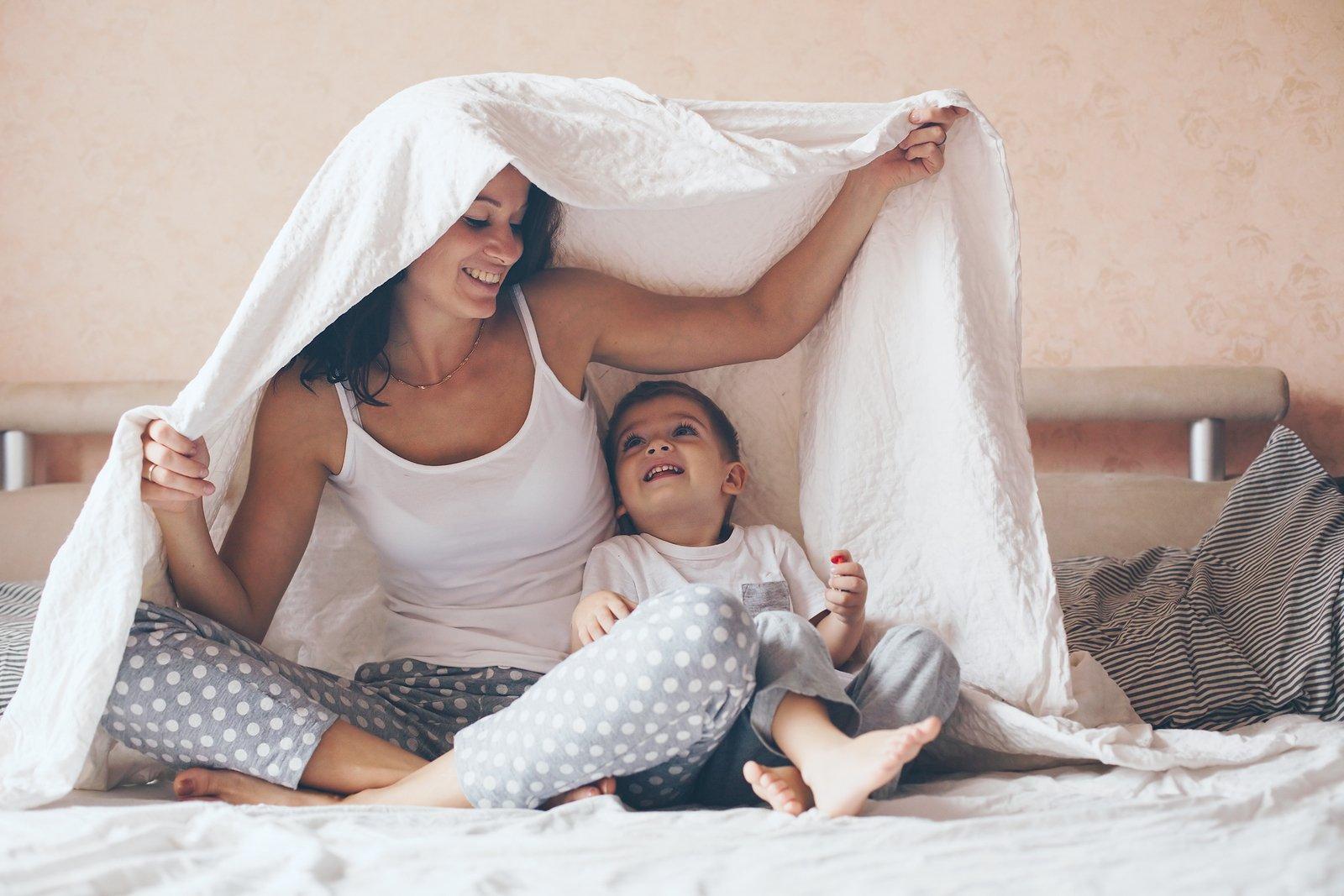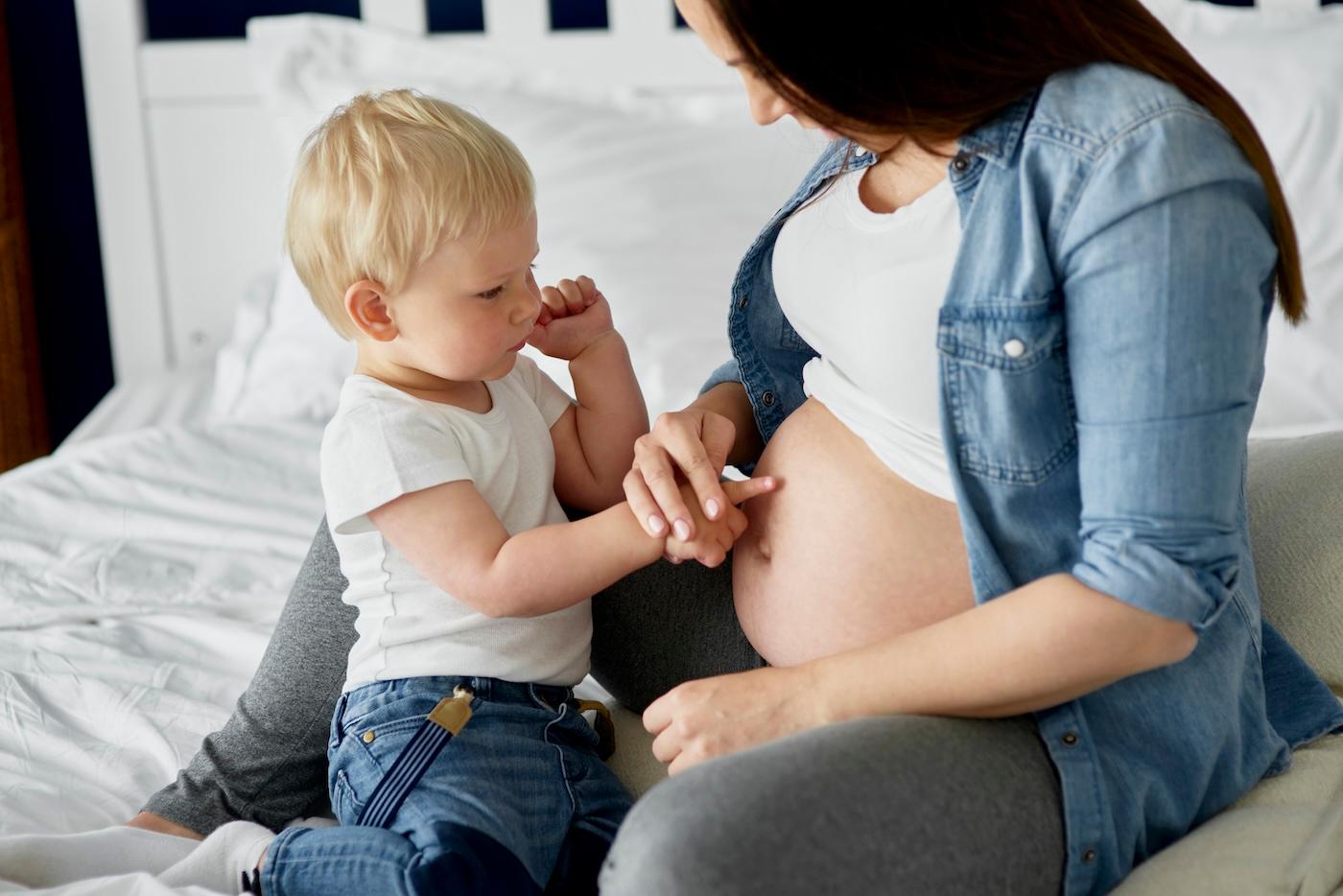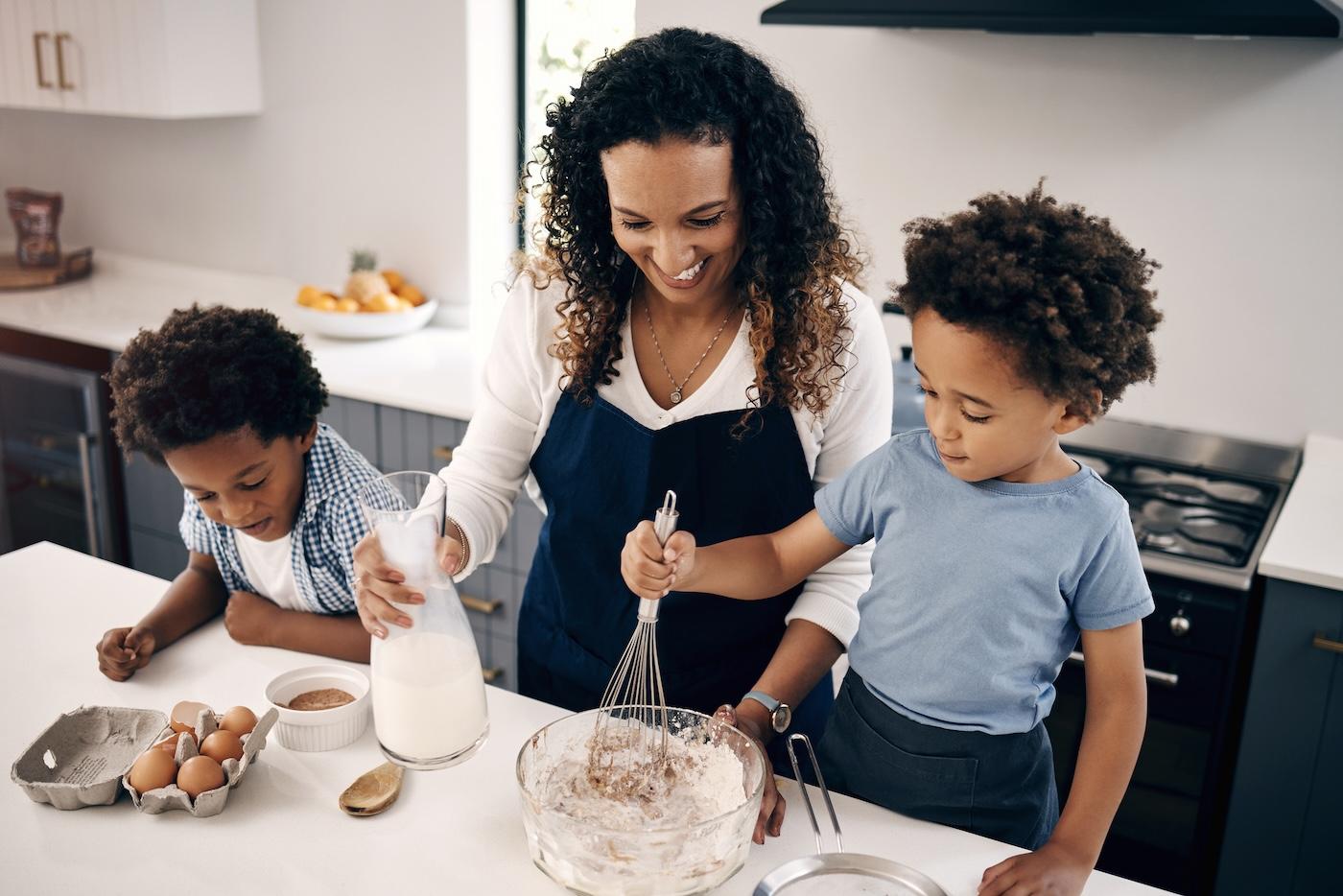TODDLER
A Great Toddler Bedtime Routine
These sleepy-time rituals will help end the bedtime battles.

Written by
Dr. Harvey Karp

If you do not already have a bedtime routine in place for your toddler, now is the time to create one. Here is a perfect bedtime routine for toddlers (ages 12-36 months).
When is a Good Bedtime for Toddlers?
For many toddlers, expecting them to sleep from 19:00 to 7:00 is too much to ask, but a 21:30 bedtime is probably too late. Instead, the sweet spot tends to be between 20:00 and 20:30pm for toddlers, with lights-out by 20:300. But you will want to take cues from your child to figure out the best bedtime for them.
When kids fight bedtime, it is a clue that bedtime is too early or too late. If bedtime is too early, you may notice that your child shows no signs of fatigue at bedtime and fights sleep for 30 to 60 minutes. On the flip side, fighting sleep can also be a sign that bedtime is too late. If you notice she also has trouble waking in the morning and she shows clear signs of tiredness at bedtime, bedtime is too late. To get to the the just-right bedtime for your toddler, try moving your routine by 15 minutes every two to three nights until you land on your new bedtime.
How Can I Make My Toddler’s Bedtime Easier?
Overexcitement, discomfort, stubbornness, poor sleep cues, and the wrong bedtime can all lead to troubles at tuck-in time. One of the best ways to get past these sleep hurdles is to work on bedtime skills—all day long. Set your toddler up for bedtime success during the day by making sure she gets lots of sunlight, fresh air, and outdoor play. Ensure that she is eating healthy and is napping well. In addition, you will want to build a good relationship during the day so your child naturally wants to cooperate at night. Then, you will want to follow a bedtime routine like the one outlined below.
The Pre-Bed Routine for Toddlers (30-60 Minutes)
As the evening is drawing, give your child a few signals that bedtime is approaching:
- Dim the lights in your home.
- Do quiet play (not roughhousing).
- Turn off the telly.
- Put on white noise in the background.
- If you think your child has teething pain, ask your healthcare provider if some medicine might help.
The ‘Get in Bed’ Bedtime Routine (20-30 Minutes)
Each family picks a slightly different bedtime routine. The key is to make your routine pleasant, loving, calming and consistent. Researchers found that parents who started a 3-step bedtime routine (bath, massage and quiet cuddling or singing a baby lullaby) saw success within 2 weeks. Their children (7-36 months old) fell asleep faster…and slept longer!
And, as an extra bonus, the toddlers were less likely to call out to their parents or get out of their cot.
Besides baths and massage, here are other bedtime ideas and routines many parents opt for.
Some advice: When it is time to start your routine, do not invite resistance by asking, ‘Are you ready to sleep?’ Rather, start with an enthusiastic ‘Okay, kids! Time to sleep!’ Make a hand sign for ‘bedtime’ and begin a countdown before you start to sing a sleepy-time song. (Just make up a little ditty with words like, ‘It is sleepy-time!’ or ‘Time to go night time!’—perhaps to a familiar tune like ‘Happy Birthday.’)
As you sing, make a simple ‘let us sleep’ gesture—perhaps putting your hands together like a pillow and resting your head on them.
Right before you start your bedtime routine, make your child’s room perfect by:
- Dimming the lights.
- Keeping it cool (19°C-22°C is best).
- Warming the sheets (use a hot water bottle or little microwaveable wheat bag that is removed when you tuck your child in).
- Using a pleasant smell (a drop of lavender oil on the mattress or headboard is nice).
- Plugging in a small night-light.
- Putting up a dream catcher or a picture of Mum and Dad to ‘protect’ your child all night.
Loveys and Other Tips for Your Toddler’s Bedtime Routine
All kids enjoy saying ‘Good night!’ to their toys. Prayers, lullabies, and bedtime stories are wonderful sleep steps, too, and a dummy or a last sip of water can also help bring the sandman. (Offer water or caffeine-free mint or chamomile tea, but avoid cavity-promoting juices or sugary drinks at bedtime. Also, limit pre-sleep breastfeeding or sucking on a bottle to about 30 minutes, because milk and formula also create cavity-producing bacteria.)
Loveys like a blankie or a teddy bear are great allies in your bedtime routine. Think of them as stepping stones to maturity and independence. These faithful friends are called transitional objects because they give kids the courage to take steps away from their mum and dad and transition into the great big world.
If your toddler does not have a favourite lovey, you can pick a soft, cuddly one to carry around with you all day. Within a few weeks, your toddler may start to get interested—associating the toy with your sweet cuddling—and a friendship with the lovey may begin.
Make sure your lovey has no bits or buttons attached to it that might cause choking. And make sure you have a spare, just in case the first is lost or needs to be cleaned. Never remove a lovey as punishment. Far from making kids behave better, it can trigger resentment and insecurity.
And do not forget that old familiar sleep cue, white noise.
But, as your toddler’s mind gets more active, you may find that softer sounds just do not work and you need a rougher white noise, like that on The Happiest Baby CD, which includes specially filtered womb or rain sound containing a mix of both shushy high-pitch and rumbly low-pitch frequencies.
White noise is an even better sleep cue than a teddy bear, because it is easy to replace if you lose it, and it is easier to wean later.
Other nice ideas for your bedtime routine might include:
- A warm bath (with the lights dimmed low).
- A coconut oil or cocoa butter massage (stroke the forehead from the eyebrows up to the scalp, slightly pulling your child’s eyes open with each stroke…this will make her want to close her eyes).
- Sprinkling a little ‘magic dust’ around the room (sounds crazy, but it really works).
Disclaimer: The information on our site is NOT medical advice for any specific person or condition. It is only meant as general information. If you have any medical questions and concerns about your child or yourself, please contact your health provider. Breastmilk is the best source of nutrition for babies. It is important that, in preparation for and during breastfeeding, mothers eat a healthy, balanced diet. Combined breast- and bottle-feeding in the first weeks of life may reduce the supply of a mother's breastmilk and reversing the decision not to breastfeed is difficult. If you do decide to use infant formula, you should follow instructions carefully.
SHARE THIS ARTICLE
PARENT PICKS
Bestsellers



















